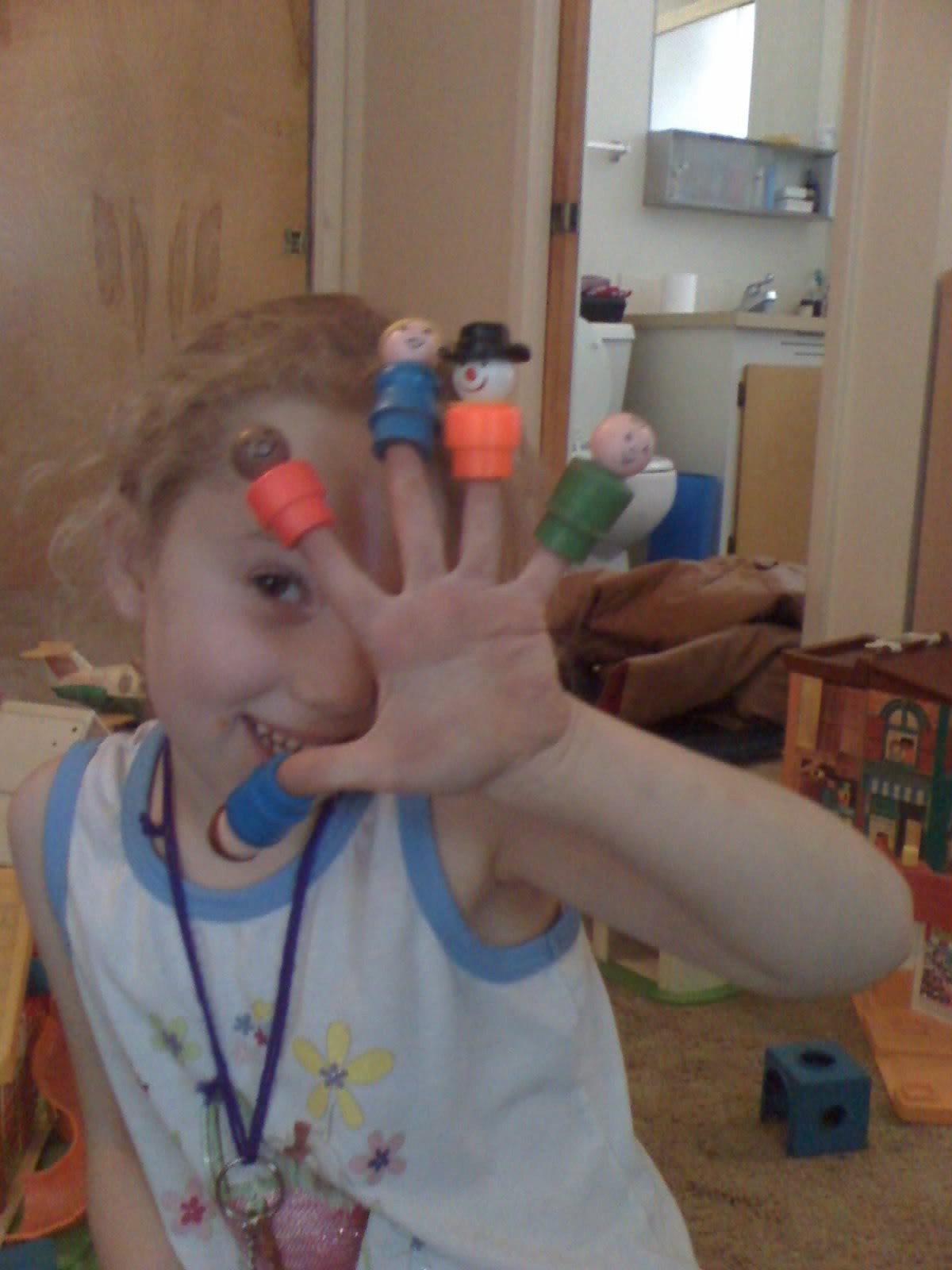Learning does not teach us, but from learning we learn.I still haven't found her source, but in looking I found its "wordier" cousin posted here in 2011:
Mastering ideas about learning
In Romance language (Italian, French, Spanish and so on) our "teacher" translates to something along the lines of "maestro," a word we have too in regards to music direction. And we have the English cognate "master" which is more currently left in "master of arts" and other college-degree titles. Once that meant a person was qualified to teach at the university level. That meaning is gone in the U.S., pretty much.
Considering the word family from which "maestro" comes (and not knowing all its connotations in other languages), the English verb "to master" means to learn. It means to become accomplished in the doing of something. Whether mastering horseback riding or blacksmithing or knowing and controlling one's own emotions, it's not something someone else does to you or for you.
So for any translators or bilinguals reading here, have sympathy for English speakers who can't get to natural learning without disentangling all the graspy words and ideas about teaching and education and their implications that learning is passive and teaching must be done to a person.
photo by Sandra Dodd













